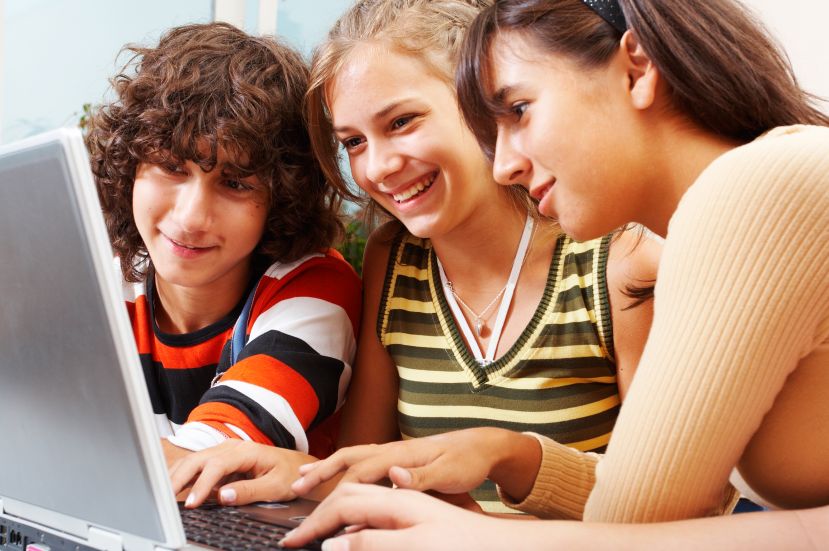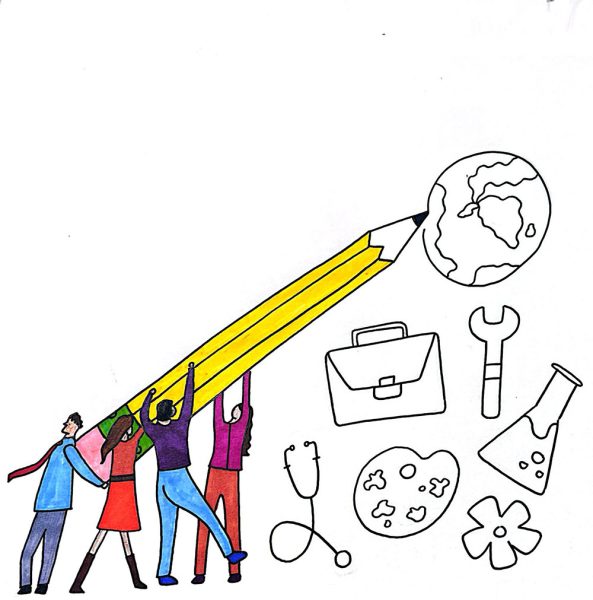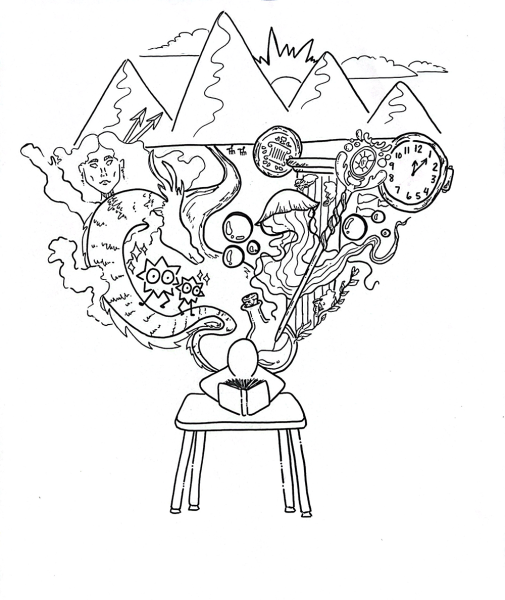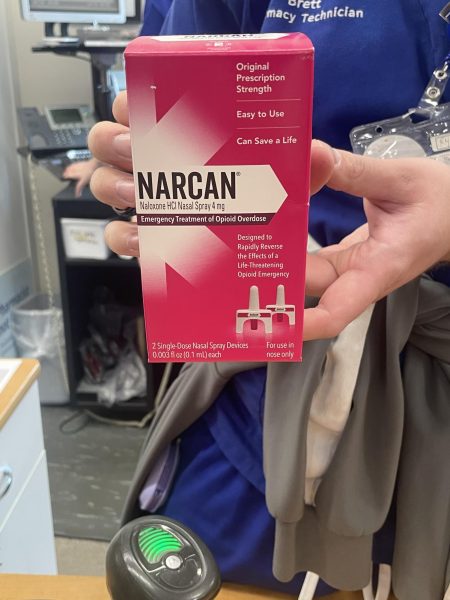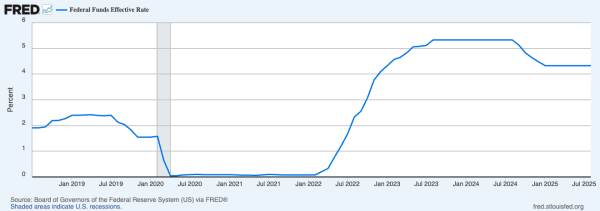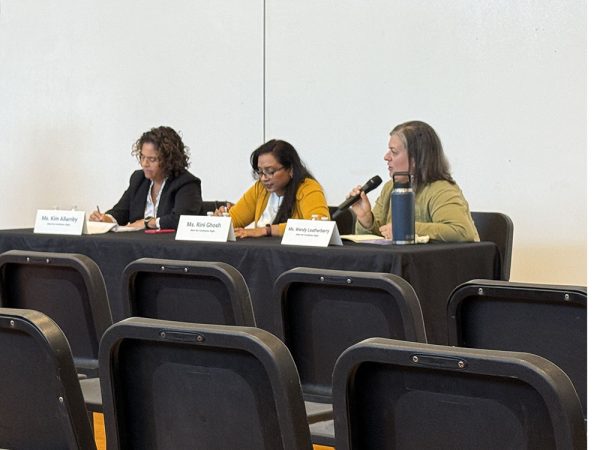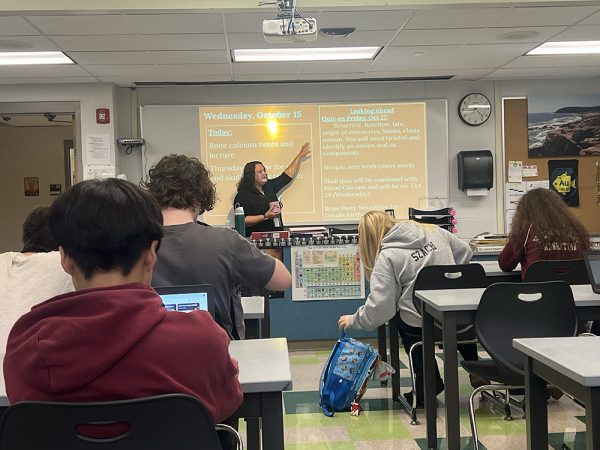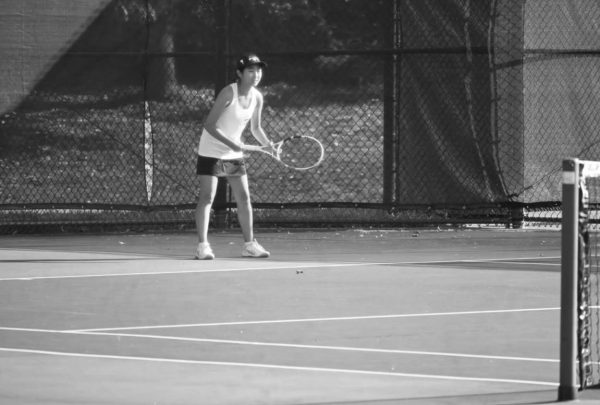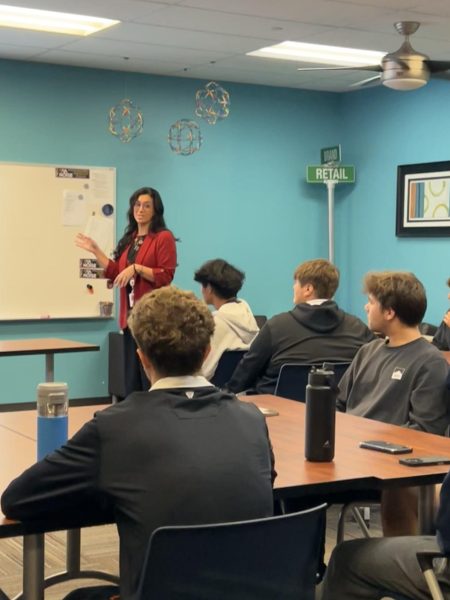The Problem With Privilege
I am a white 17-year-old gender normative person, so life is pretty good.
I can walk down the sidewalk and look people in the eyes without them darting across the street to the other side. I can feel comforted by the fact that in whatever profession I choose, I will not be discriminated against because of my race. And I know that I could play an Egyptian in a movie because apparently all it takes is a little eyeliner for a white person to pass as Middle Eastern.
I have privilege and I acknowledge that.
But I also acknowledge that due to my being a Jewish woman, I have some disadvantages in society. I know that I probably won’t earn the same amount as a man in my field, and I know that anti-Semitism is still a very prevalent problem in many parts of the world.
“I’m lucky enough to have grown up in a great community with great people, in a great school district. However, that doesn’t change the fact that I live in a man’s world,” junior Simone Rackmill said.
To better understand the concept of privilege, let’s use the analogy of a backpack with supplies for a two-day camping trip.
The first person is a white male. In his backpack he receives a tent, a lighter, a sleeping bag, a pillow, some snacks, a few water bottles, a toothbrush and toothpaste and a change of clothes.
The second person is a white female. In her backpack she receives a tent, a lighter, a sleeping bag, some snacks, a water bottle, toothpaste, and a change of clothes.
The third person is an African American female. In her backpack she receives some matches, a blanket, some snacks, a water bottle, toothpaste, and a change of clothes.
Let’s skip down to the 25th person, a gay Hispanic Jewish woman. She doesn’t even receive a backpack.
This analogy may seem humorous, but it is our reality. According to 2014 data from The National Women’s Law Center, for every $1.00 a while male earns, a white female makes 77¢, an African American female makes 64¢, and a Hispanic female makes 56¢.
These statistics are absolutely unacceptable. We are all people. Our differences shouldn’t determine our worth. Supremacy is the root of racism. The very equation for racism is power plus privilege. And as we know from experience, privilege equals power. This is emphasized in our daily lives.
According to DoSomething.org 80% of the individuals pulled over in New York City are African American or Latino. 85% of those individuals are frisked. The fact that only 8% of white people are stopped demonstrates racism in America.
Senior Brianna Weisman thinks it’s important for us to recognize our privilege.
“It’s really good for kids at Beachwood to put things into perspective because we’re so privileged here to have amazing resources, faculty and support for everything we do,” she said. “It’s really important to take a step back and see other people who aren’t so privileged to have the same resources.”
The first thing we can do to change this harsh reality is acknowledge our privilege. I’m not saying that solely acknowledging our advantages and disadvantages can stop racism altogether, but it is a step in the right direction. Denying privilege doesn’t make it go away. Once we accept this reality, we can work towards the equality that we all deserve.
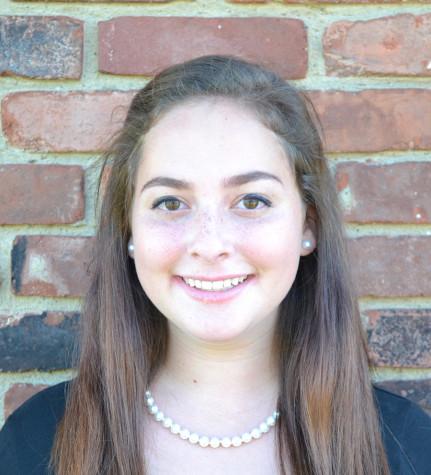
Samantha is a senior at BHS. She is a captain of the school’s speech team where she specializes in original oratory, but has also participated in duo...



